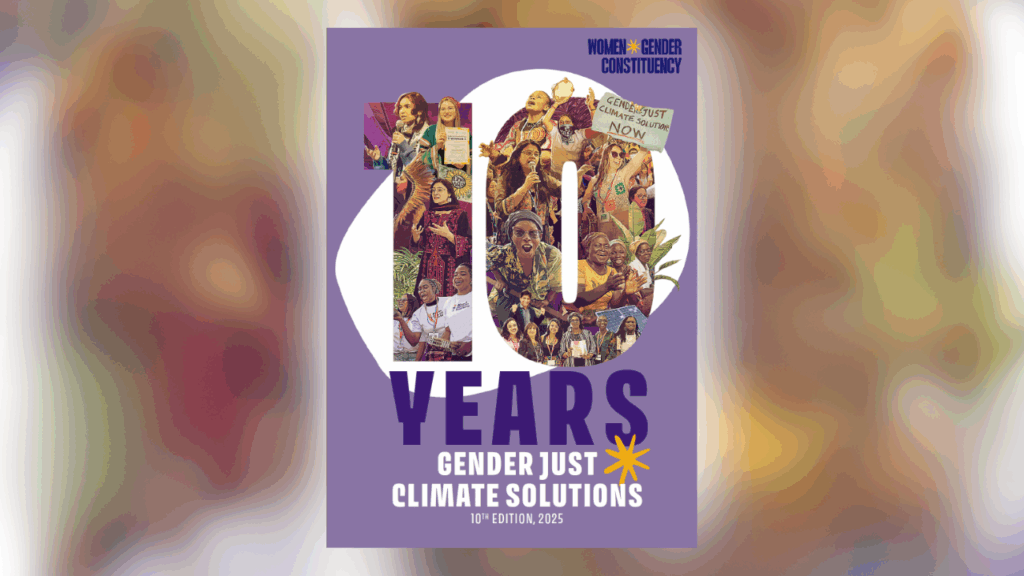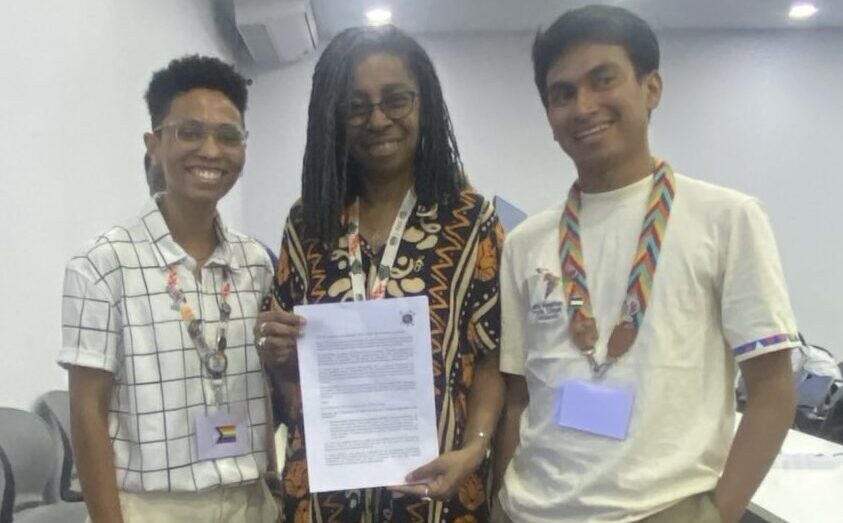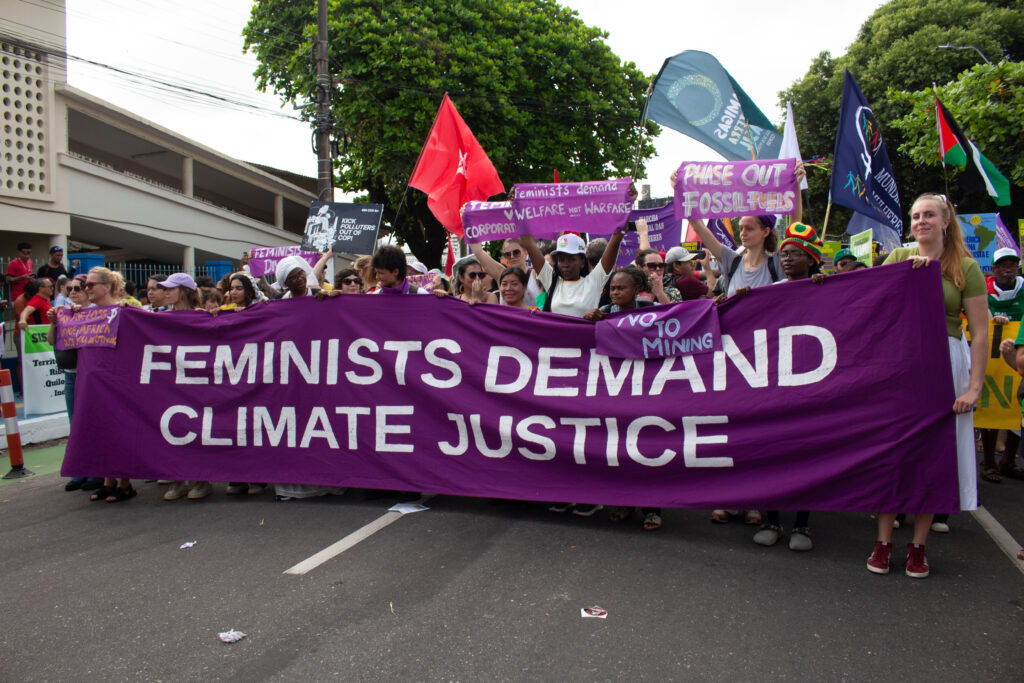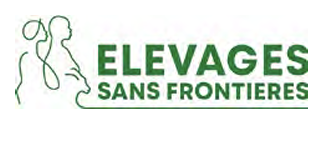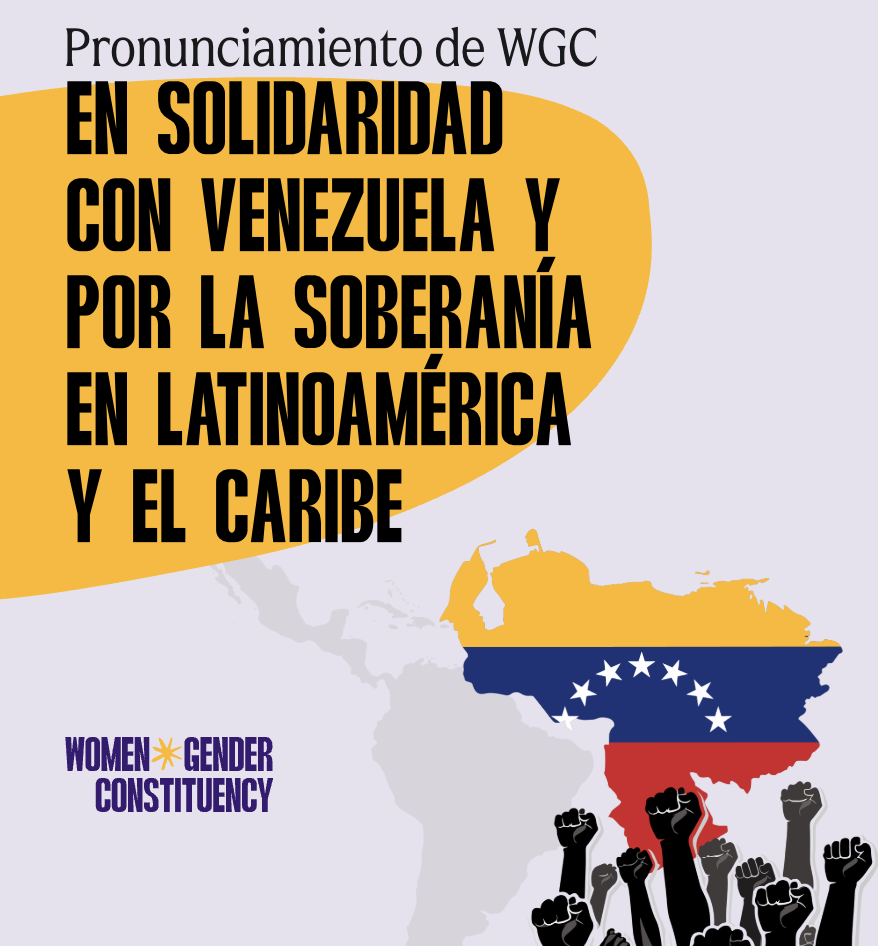
Women of Oubritenga’s milky way
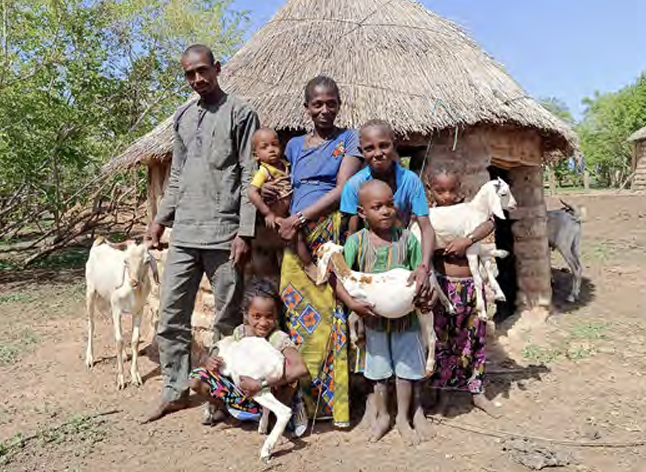
About
In an arid province of Burkina Faso, 150 women cattle and goat breeders are playing a crucial role in securing the food sovereignty of 6 villages by adopting resilient pastoral practices and establishing a local dairy value chain. They utilize manure to enrich the soil and grow local forage crops to better feed their livestock. The dairy factory built for processing and selling milk products increased their income and provides healthy nutritious food for 1,500 inhabitants, reducing their dependence on carbon-intensive imports. A gender analysis in the communities has helped women initiate a dialogue on ownership and control of the production means with customary chiefs.
Climate impact
- Recovery of animal waste to feed biodigesters.
- Resilient farming methods: soil fertilisation with animal manure; local forage crops; minimizing the impact of livestock on the ecosystem.
- Creating a local food system that reduces the carbon footprint and enhances climate resilience.
Gender impact
- Analysing gender relations at project start enabled to raise awareness on gender and positive masculinities within communities.
- Women gain economic power and improve their living conditions.
- Women gain access to and control over resources as they decide on livestock breeding.
Scalability/replicability
- The dairy factory helps strengthen a sustainable local economy.
- Mentoring initiative by women to transfer knowledge, strengthen relationships with local authorities and government services, community dialogues.
- Helps to reduce conflicts between Fulani pastoral and Mossi farmer communities.
read the latest from our network
We work across regions and movements in deep solidarity. Together, we’re building collective advocacy to global problems.

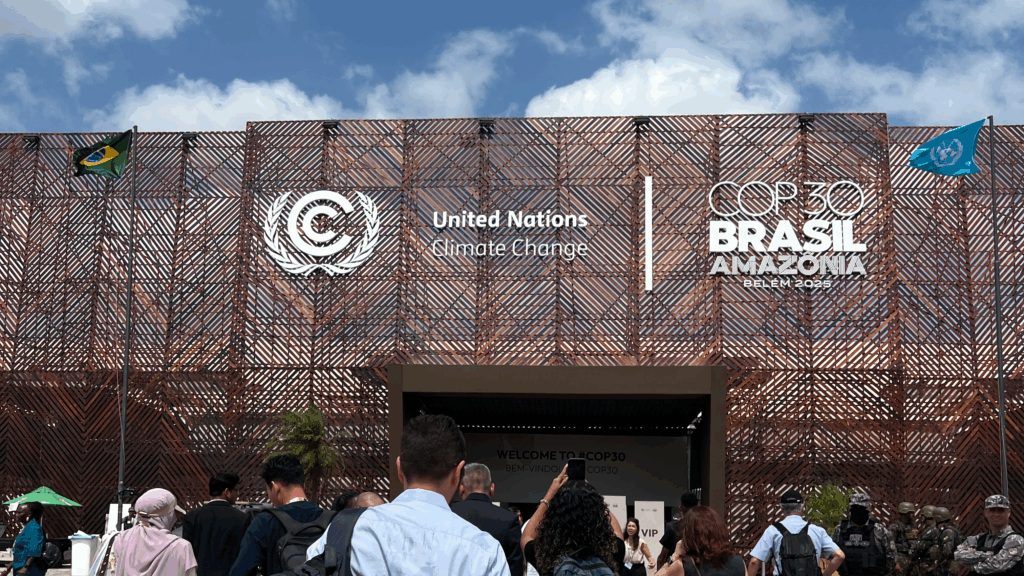

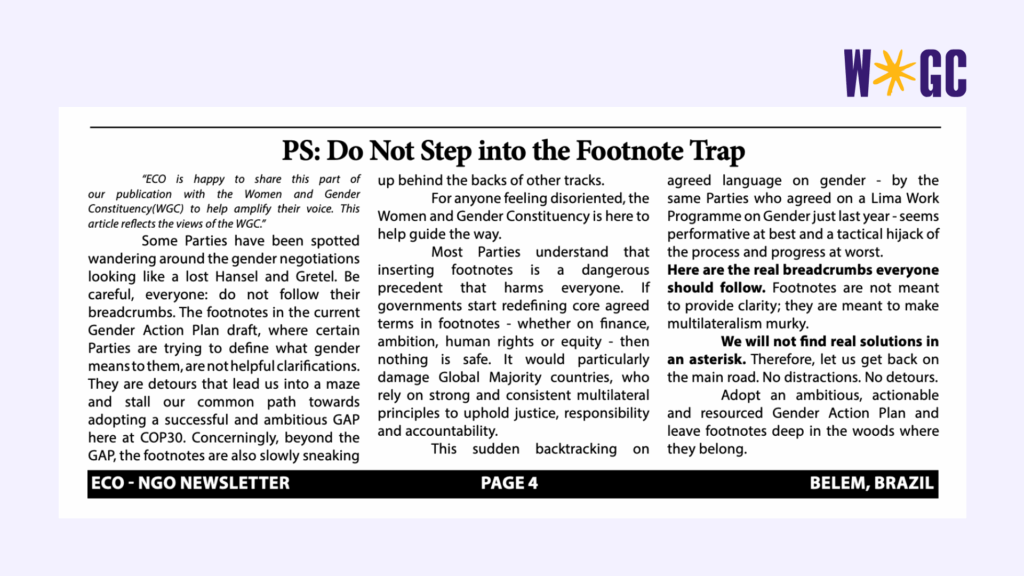
PS: Do Not Step into the Footnote Trap
19/11/2025
